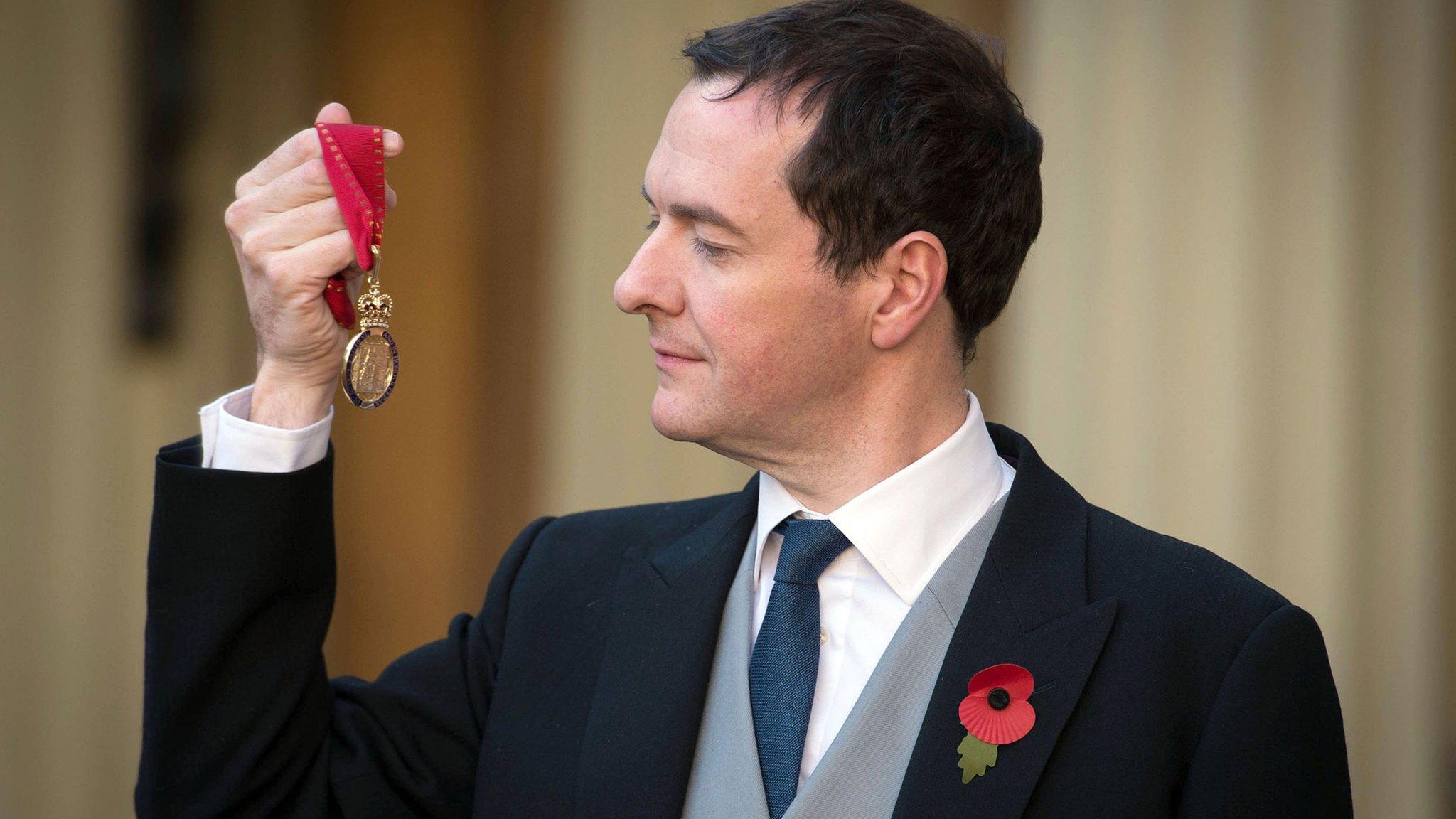George Osborne to become Standard editor
- Published
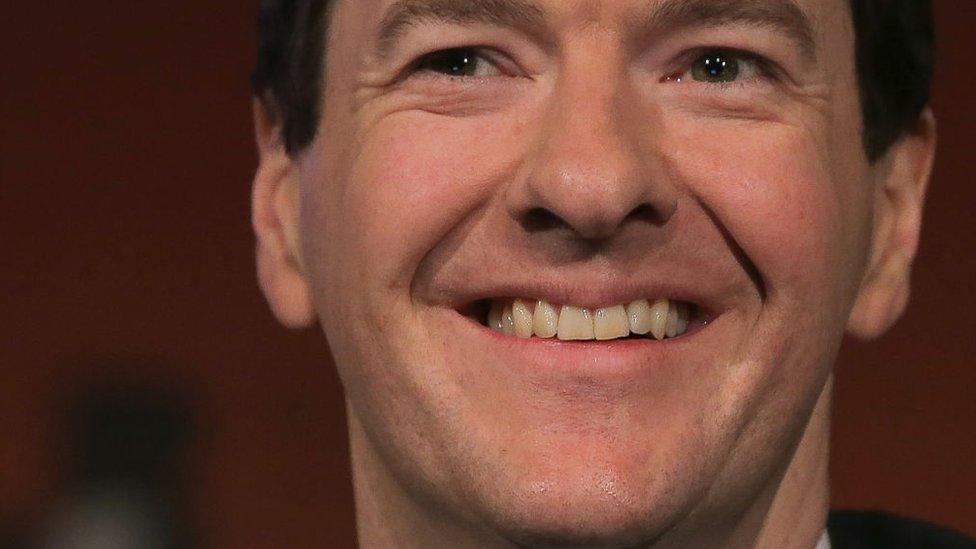
George Osborne's appointment as Editor of the London Evening Standard is a remarkable move that will dazzle the worlds of politics and media.
The former Chancellor will continue as MP for Tatton for the foreseeable future while taking the top chair at London's afternoon paper, as I exclusively revealed on Friday.
He starts in mid-May and replaces Sarah Sands, who is joining the BBC as editor of Radio 4's flagship morning news programme Today in June.
Osborne has spoken to Standard staff in the newsroom.
He will not be in charge of the Standard's website. David Tomchak, former head of digital at No 10, was appointed digital director of editorial earlier this month and will report to Zach Leonard, managing director for digital across ESI Media, which houses the Standard, The Independent, and TV station London Live.
Return to the fray
It marks a sudden return to the fray for Osborne, who was summarily dismissed from cabinet by Prime Minister Theresa May last summer.
Like May, Osborne backed the Remain campaign in the Brexit referendum. Unlike May, he was central to its ultimately doomed strategy, despite having doubts about whether the referendum should have been called in the first place.
Since last summer he has spoken strongly in parliament on the subject of Aleppo's destruction, and repeatedly resisted suggestions that he should begin his memoirs.
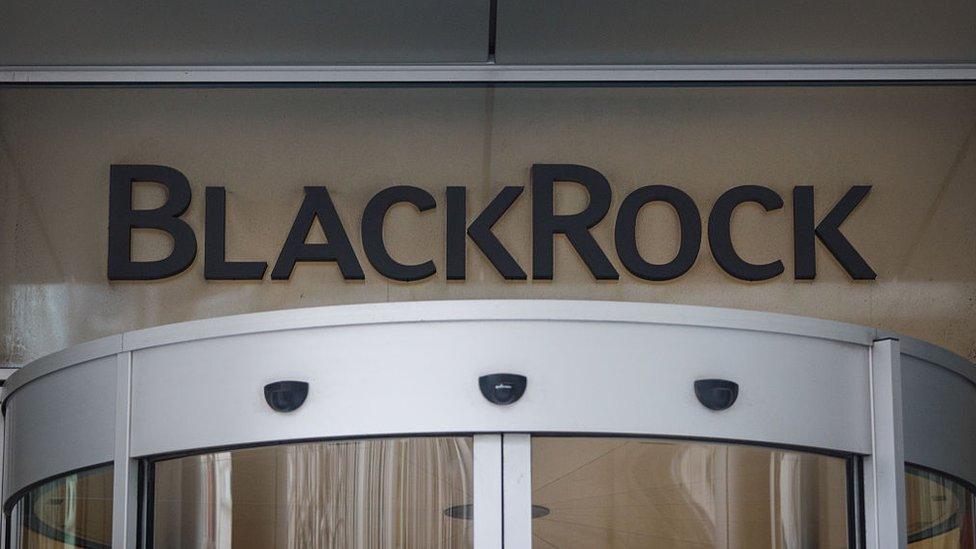
The former chancellor is paid £650,000 a year for four days' work a month at the asset management company BlackRock
But he has also been in the headlines for less flattering reasons.
Having signed up to the Washington Speakers Bureau, Osborne has capitalised on his high stock to earn fees such as £81,174 and £60,578 for speeches to JP Morgan. In total he earned £786,450 from 15 speeches in 2016.
More controversially, the former chancellor, still only 45, signed a deal with BlackRock, the world's largest asset manager, worth £650,000 a year for just four days work a month.
That revelation was made public on Budget day, causing some to suggest that he had lost none of his expertise in media management. At BlackRock he will work with Rupert Harrison, his closest adviser while in No 11.
Osborne flirted with a career in journalism before becoming, together with David Cameron, the outstanding Tory adviser of his generation, rising to shadow chancellor at 33.
Coup for the Standard
His latest job is undoubtedly a tremendous coup for the newspaper, whose staff will be galvanised by the appointment of such a high-profile figure.
It also appears to be a notable win for Evgeny Lebedev, the owner of ESI Media, who was my boss when I was editor of the Independent.
After buying a majority stake in the Standard from Daily Mail owner Lord Rothermere in 2009, when it was threatening to lose £25m or more, Lebedev made it a free product and transformed its fortunes, turning a profit a few years ago.
In the year to September 2015, the Standard recorded a pre-tax profit of £3.4m on revenues of £71.3m.
But while this is refreshing news for the Standard - which has a circulation of between 850,000 and 900,000, a readership of around double that, and unrivalled influence in the capital because of its monopoly position among afternoon commuters - it is a further blow for his constituents in Tatton.
This time last year, their MP was the chancellor of the Exchequer, a strong contender to be future prime minister, and in prime position to champion his Northern Powerhouse initiative.
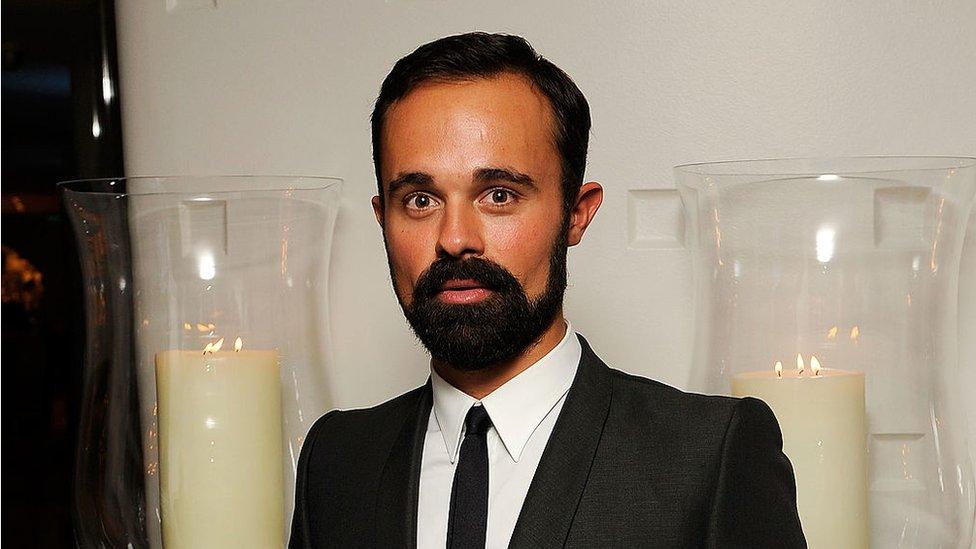
The appointment is a coup for the paper's owner, Evgeny Lebedev
Now he is a backbench MP who has a new and more exciting job - quite aside from his four days a month at BlackRock.
Though an advisory committee in the civil service has not yet objected to this appointment - a decision is pending - many of his constituents will.
The Standard is an afternoon paper, which means that the daily edition is sent to the printers at 11:00 GMT. Osborne will get into the office around 05:00 GMT, work until midday, and then balance his other duties thereafter.
But aside from persuading constituents he is still available to them, he faces a huge challenge in keeping the Standard profitable.
As a free paper, with no cover price to raise, the Standard generates the vast majority of its revenues through print display advertising - a market that is in structural decline to the tune of around 20% annually.
Though standard.co.uk is growing, virtually all newspapers are finding digital advertising is growing far more slowly than print advertising is falling.
Aside from this monumental structural threat, the sharp rise in the cost of newsprint as a result of the fall in the pound after Brexit has damaged the balance sheet of almost all newspapers.
Simple mathematics dictates that, even if it significantly outperforms the rest of the display advertising market (as it is currently doing), the Standard will struggle to maintain profitability.
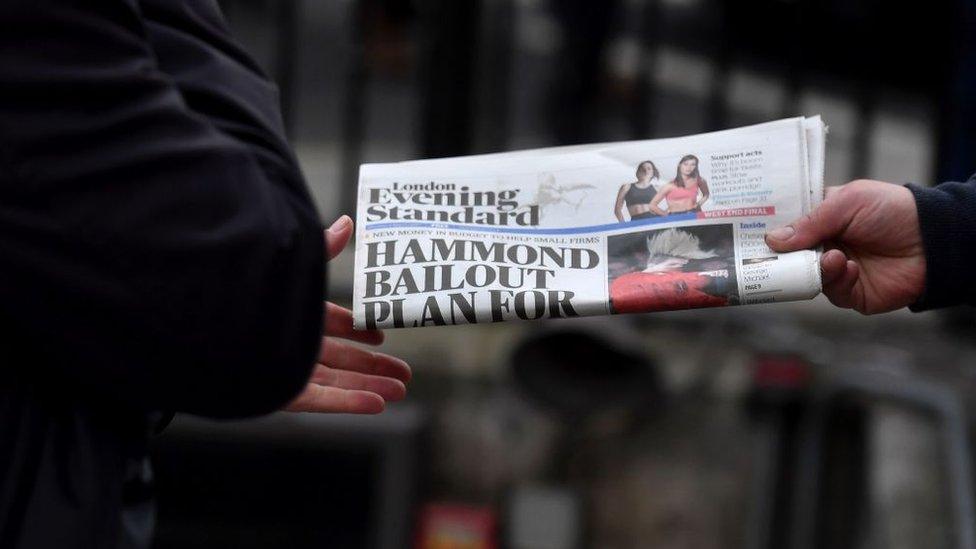
Mr Osborne will work at the Standard from 05:00 GMT to midday
Therefore Osborne's task will be as much commercial as editorial: finding fresh revenue streams, perhaps through ticketing, data, and above all events in London.
With a roster of high-level international contacts, including in the world of finance, he is uniquely well placed to deliver that. Indeed I suspect he sees this as an attraction to his job. But it will require a considerable time commitment beyond his hours in the office.
Combat with No 10
Another challenge, which I know he will relish, is picking fights with the government - particularly on the issue of Brexit. To be seen as a Tory lackey, or someone who held back from sharp attacks on former colleagues and friends because he didn't want to damage his still simmering political ambitions, would be fatal for his journalistic integrity.
Having dispatched him to the back-benches in a rather brutal manner, Mrs May could soon find that the pages of the Standard are a vehicle for vengeance. Osborne is nothing if not mischievous.
He has long had a reputation as one of the hardest-working people in Westminster. He will need to work harder than ever in his new capacity and outline a clear editorial strategy for the paper.
The sheer thrill and power of being an Editor, and the chance to make things happen in his native city, will at least initially help to carry him and his staff.
Lebedev has long argued there's life in print yet. After this - the most interesting, unexpected and bold appointment of an editor in living memory - who could doubt him?
- Published17 March 2017
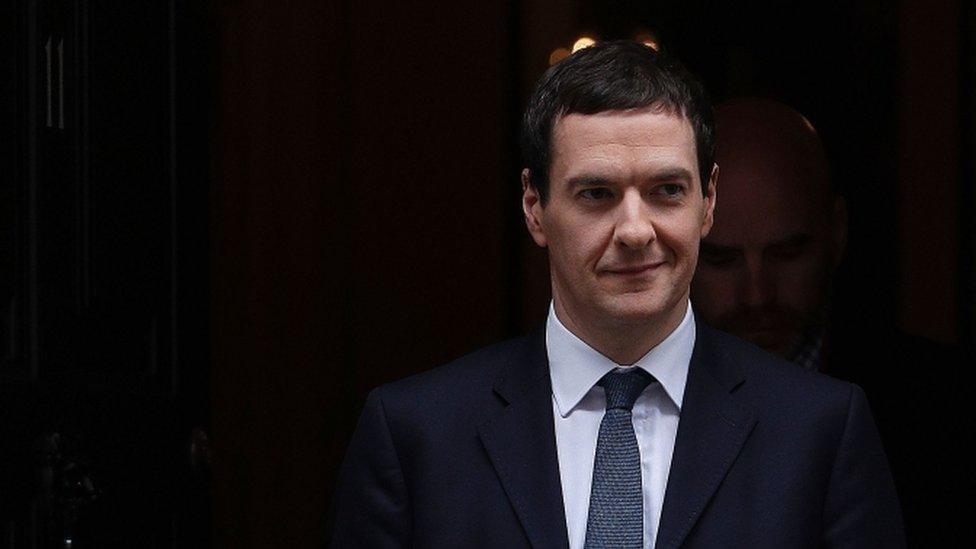
- Published24 November 2016
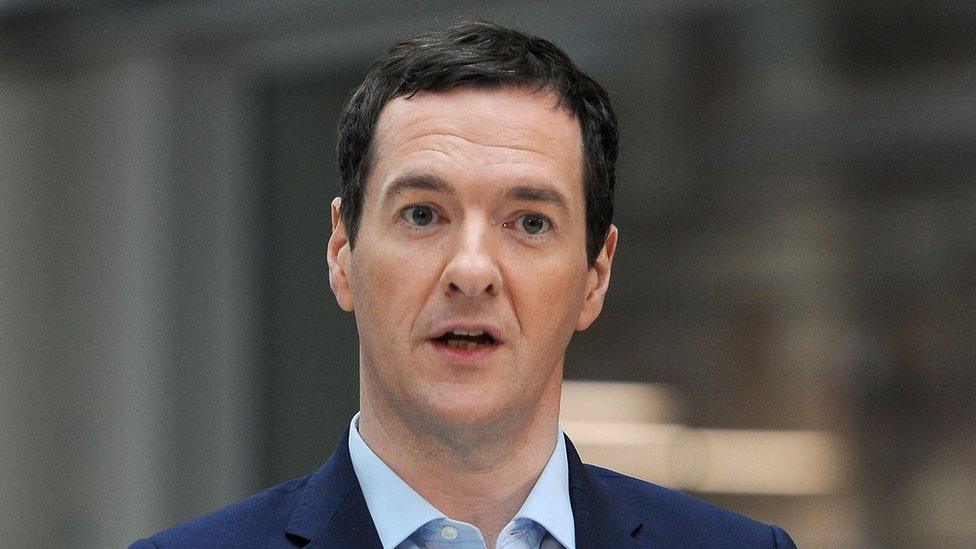
- Published25 November 2016
